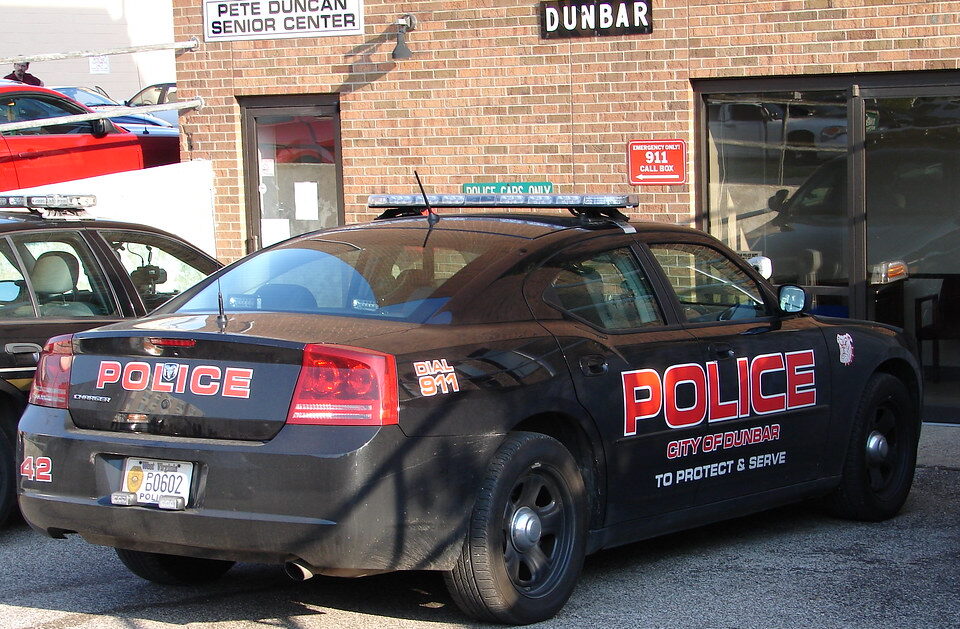A federal judge has granted a stay in a case of alleged police misconduct.
U.S. District Judge for the Southern District of West Virginia Irene Berger’s decision Friday to grant the stay follows an Emergency Motion for Protective Order filed Jan. 27 by the city of Dunbar and two police officers named in a brutality lawsuit.
Last September, a lawsuit was filed against Dunbar police officers Zachary Winters and Adam Mason. The suit was filed by Michael Scott Sr. on behalf of his son, Michael Scott Jr.
The Kanawha County sheriff’s office is also investigating the incident.
The original complaint alleges the officers used excessive force against Scott Jr., slamming his head to the pavement and denied him medical care, causing his death two days later.
On Jan. 27, the City of Dunbar filed a Motion to Stay after being requested to produce documents and evidence for a separate federal grand jury subpoena by Feb. 22.
“Due to the ongoing investigation … defendants move the court for a stay and/or protective order of all discovery (in the civil matter) until the conclusion of the investigation,” the motion stated.
Judge Berger made the following statement in granting the motion:
“As a result, defendants Mason, Winter and Dunbar are aware that there is an ongoing investigation into the events of the incident alleged in plaintiff’s complaint,” the motion states. “Due to the ongoing investigation … defendants move the court for a stay and/or protective order of all discovery until the conclusion of the investigation.”
Judge Berger ordered all discovery be stayed until April 24.
The City of Dunbar and Officer Mason have been named in other excessive force complaints which are pending in federal court.
The complaint states the Dunbar Police Department recently changed its use of force policy to allow “further escalation and to include striking of a subject’s head.”
